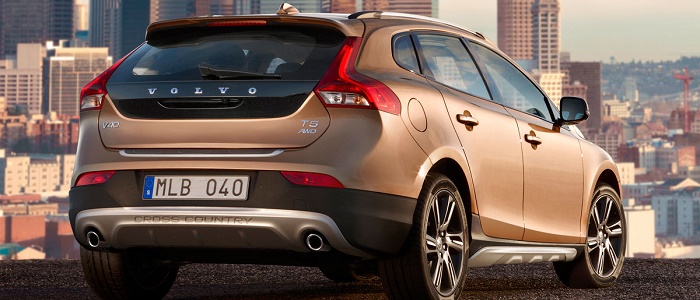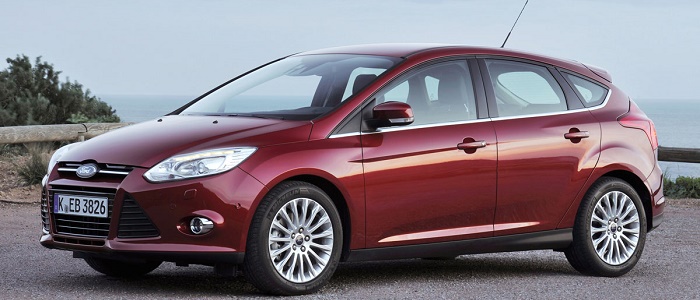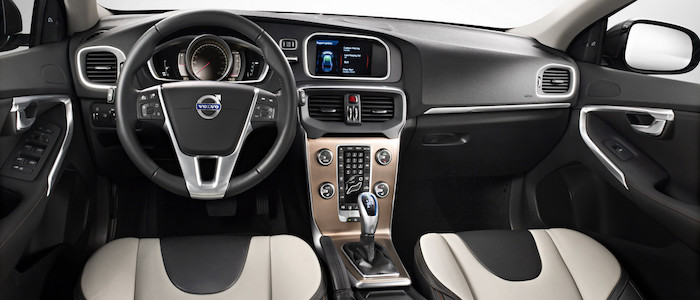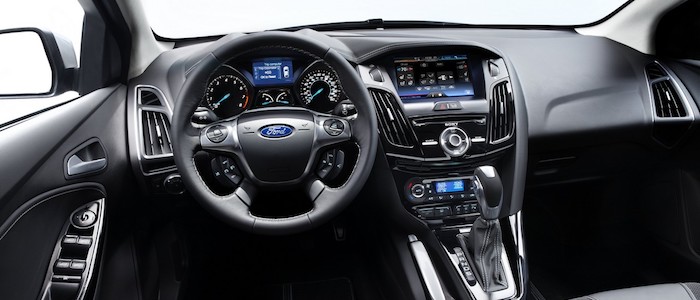Compare two cars
Compare any two cars and get our Virtual Adviser™ opinion
Marketing
Dimensons & Outlines
Engine
Performance (manual gearbox)
Performance (automatic gearbox)
Expenses
Virtual Adviser's™ opinion
Two significantly similar cars, no doubt about that. Still, each one has something different to offer. Having both cars powered by petrol engines and utilizing the 5-door hatchback body style within the same 'Small family car' segment, the only major difference here really is their wheel drive configuration (4 x 4 for the Volvo and front in the case of the Ford). The first one has a Volvo-engineered powertrain under the hood, a 5-cylinder, 20-valves 254hp unit, while the other one gets its power and torque from a 4-cylinder, 16-valves 250hp engine designed by Mazda.
SafetyBoth vehicles got tested by European New Car Assessment Programme (Euro NCAP), with the same number of safety stars gained in the process. Moving further on, let's take a closer look at some additional safety-related facts. Both vehicles belong to the small family car segment, which is generally classifying them somewhere in the middle safety-wise, but it doesn't do much to help us decide between the two. Furthermore, when it comes to weight, a factor that most people underestimate, the Swedish car offers a considerable difference of 11% more metal.
ReliabilityI don't like generalizing things when it comes to reliability, although it does seem that Ford does have a slight advantage, at least on all of the models level. That's the official data, while our visitors describe reliability of Volvo with an average rating of 4.6, and models under the Ford badge with 4.4 out of 5. Some independent research have also placed V40 as average reliability-wise, and Focus is more or less at the same level.That apart, owners of different cars powered by the same engine as the Swedish car rank it on average as 5.0, while the one under the competitor's bonnet gets 3.0 out of 5.
Performance & Fuel economyVolvo is a bit more agile, reaching 100km/h in 0.1 seconds less than its competitor. Still, it lacks the power to win the top speed competition, topping at 210 kilometers per hour, 38km/h less than the other car. When it comes to fuel economy the winner has to be the American car, averaging around 7.2 liters of fuel per 100 kilometers (39 mpg), in combined cycle. We can't ignore that 15% difference compared to the Swedish car.
Verdict
Volvo appears just a bit more reliable, although the difference is truly marginal. The most important thing when deciding between any two vehicles should always be safety, both passive and active. In my opinion, everything taken into account, the Swedish car offers significantly better overall protection, taking the lead here. It all continues in the same direction, with Volvo offering somewhat better performance, just enough to call it quicker. It does come at a cost though, and that's the fuel consumption... It's really tough to make a final decision here, but if I'd need to, I'd say Ford. Nevertheless, let's not forget that people have different preferences and needs, so what really counts is your personal feel. I'm only here to help. In case you have two minutes to spare I invite you to define your needs, desires and budget and see which car would be chosen by the virtual adviser™, among more than 12.000 different ones in our database.
































